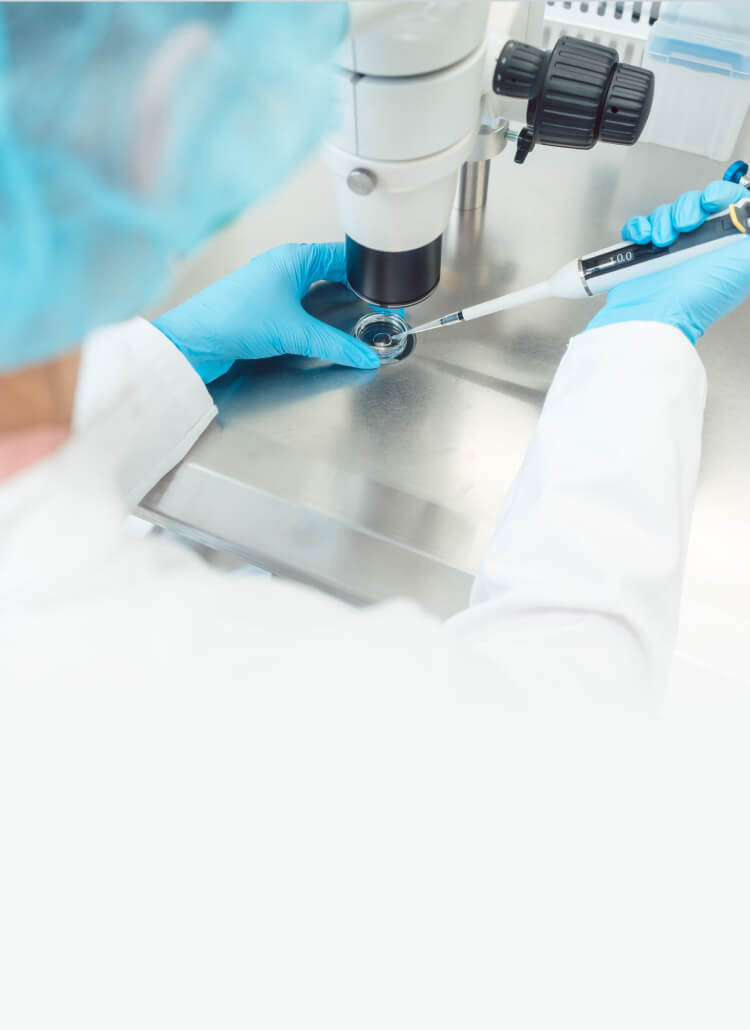Why and When Should You See a Fertility Specialist?
While taking the first step by setting up a consultation appointment may feel overwhelming, it is the most important step in overcoming infertility, achieving a pregnancy, and having a baby.
As a general rule of thumb, it’s typically recommended that patients who are ages 35 and older undergo fertility testing if they have been trying to conceive for six months without any success. For patients who are under the age of 35, the recommendation is to undergo testing after a year of trying. Fertility issues can come from either male or female factors or even a combination.
At The Reproductive Medicine Group, we are fully equipped to explain, assess, diagnose, and treat infertility regardless of whether the problem is simple or complex. After an initial consultation visit, your doctor will recommend the appropriate tests based on your history.
For women, a basic fertility assessment typically includes blood work and a radiologic examination to determine hormonal status, egg health, uterine shape, and fallopian tube health. For men, basic fertility testing generally includes a semen analysis.
More About Testing



